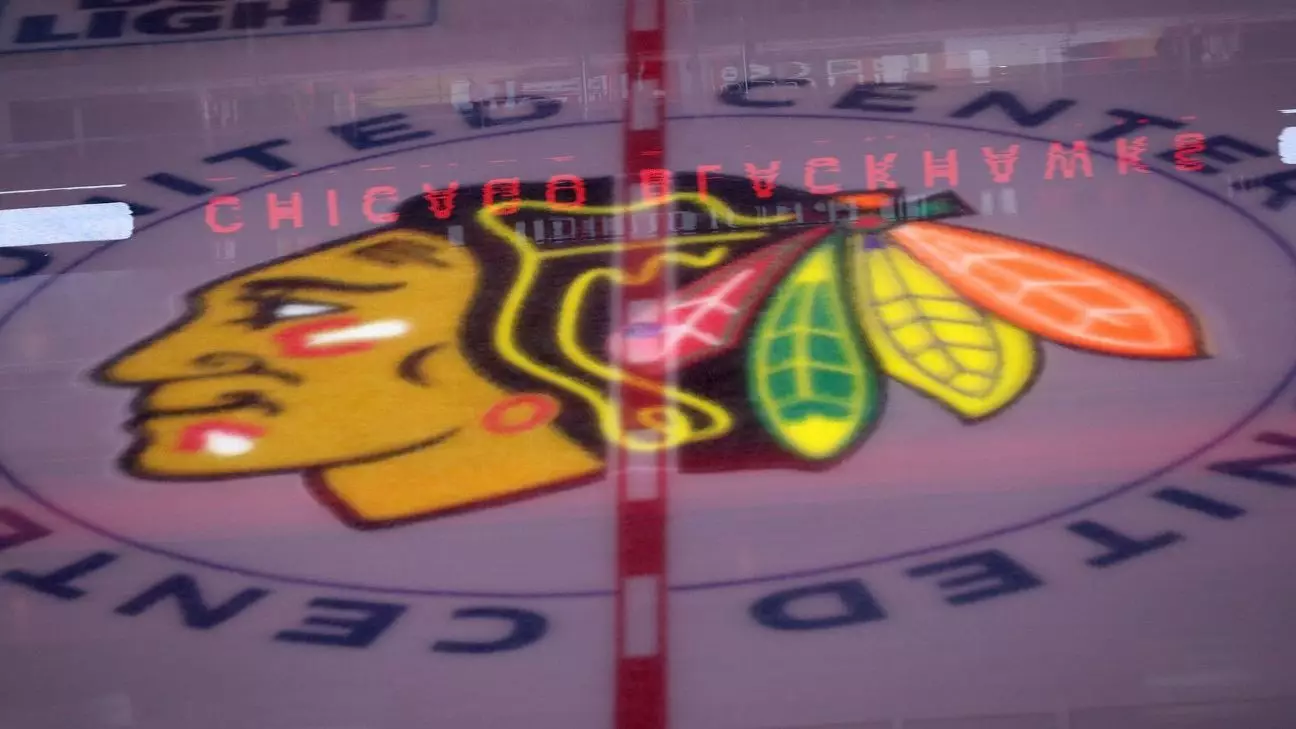The Chicago Blackhawks’ recent settlement of lawsuits related to the heinous misconduct involving former video coach Brad Aldrich exposes a distressingly deep-rooted failure within the organization. These legal actions, initiated by former players, unveil a disturbing pattern of negligence, indifference, and a startling lack of accountability that plagued the team for years. Instead of acting decisively when allegations surfaced, the organization chose to prioritize its reputation, allowing victims to suffer silently and endure emotional and physical trauma. The Blackhawks’ history in this matter is not just about individual misconduct but about systemic inadequacies that allowed a culture of silence and cover-up to flourish.
This saga continues to be a stark reminder of the importance of organizational responsibility. The lawsuit filed in 2023 highlights how the team’s internal response—or lack thereof—embodied “utter indifference” toward the safety and well-being of its personnel. Labeling one of the plaintiffs as a “Black Ace” illustrates the vulnerability of prospects often caught in the shadows, without the protection or oversight necessary to prevent abuse. The Blackhawks not only failed in their duty of care, but their negligence inflicted lasting damage on the victims, undermining the integrity of the sport and the trust of fans.
The Inexcusable Delay: How Leadership Failed the Victims
The Blackhawks’ handling of the Aldrich scandal reveals a troubling pattern of inaction and suppression. After Kyle Beach’s harrowing ordeal and subsequent lawsuit, it became painfully evident that the organization prioritized its prestige over justice. The team’s decision to allow Aldrich to resign quietly in 2010, despite long-standing allegations, was a gross abdication of responsibility. It was only when wider societal and legal scrutiny intensified that meaningful changes began to take shape.
Furthermore, the independent investigation spanning Jenner & Block and the NHL demonstrated significant institutional failures. Then-President Stan Bowman, General Manager Al MacIsaac, and Head Coach Joel Quenneville—key figures in the organization—either stepped down or resigned amid the controversy. Their later reinstatement by the NHL, however, sparked a debate about whether redemption can truly be achieved in an environment that previously tolerated such reprehensible conduct. While the NHL’s acknowledgment of past mistakes and subsequent efforts at reflection are commendable, they do little to erase the wounds inflicted on victims who were dismissed or ignored during the critical moments.
The aftermath of these events serves as a powerful lesson: organizations must act swiftly and transparently in the face of misconduct, especially within institutions that hold influence over youth and young athletes. A failure to do so not only damages reputation but also perpetuates a culture where abuse can fester unchecked.
Reckoning and Reintegration: Can Trust Be Rebuilt?
The NHL’s decision to reinstate figures like Bowman, Quenneville, and MacIsaac reflects an ongoing debate about accountability and growth. The league’s official statements emphasize remorse, personal accountability, and participation in reformative programs—an attempt to illustrate that change is possible. Yet, whether these gestures genuinely translate into cultural transformation remains highly questionable.
The path to rebuilding trust, both within the hockey community and among fans, is an arduous one. It demands more than just symbolic apologies and strategic reassignments; it requires a profound internal overhaul rooted in transparency, victim support, and policies designed to prevent future misconduct. The organization’s willingness to confront its failings head-on will determine if it truly learns from its mistakes or merely appears to do so for public relations.
Moreover, the lingering question remains: does NHL leadership genuinely understand the magnitude of their failures, or are they merely responding to external pressure? The fact that these individuals were brought back into prominent roles so soon after such scandalous revelations raises doubts about the league’s commitment to establishing a truly accountable environment. Until explicit structural reforms and a culture prioritizing integrity over image are in place, trust will remain fragile.
Lessons for the Future: Strengthening the Foundations of Sports Governance
The Blackhawks saga underscores a vital truth: organizations involved in youth and professional sports cannot afford complacency, especially when it comes to safeguarding vulnerable individuals. The lessons here are clear: transparency, prompt action, and a willingness to confront uncomfortable truths are essential.
Implementing comprehensive internal review mechanisms, elevating the importance of victim support, and fostering an organizational culture that actively discourages misconduct are not optional—they are imperative. Administrators and leadership must move beyond superficial measures, committing to ongoing education, accountability, and meaningful change.
Ultimately, this story reveals that true progress requires more than settling lawsuits or making public apologies. It necessitates a sustained effort to eradicate systemic issues, prioritize ethical responsibility, and ensure safety at every level of sport. Only then can organizations hope to repair their damaged reputations and create environments where respect, integrity, and justice are the true standards.

